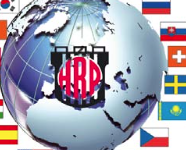 Congress passed legislation earlier this week to renew the nuclear cooperation agreement with Norway, paving the way for U.S. access to Halden Reactor Project.
Congress passed legislation earlier this week to renew the nuclear cooperation agreement with Norway, paving the way for U.S. access to Halden Reactor Project.
“Norway’s Halden Reactor Project is a critical asset for U.S. companies,” said Daniel Lipman, Nuclear Energy Institute vice president for suppliers and international programs. “Research and testing conducted at that unique facility enables U.S. firms to continue to innovate and maintain technology leadership as they compete in the global nuclear energy market. With the agreement now in force with this important NATO ally, the research and testing can continue.”
The original agreement between the United States and Norway expired in 2014, restricting U.S. access to Norway’s Halden Reactor Project. The Halden reactor was constructed in 1958, with the help of the United States, and is supported by 19 countries.
The Halden Reactor Project, partly financed by the Organization for Economic Cooperation and Development, is a 20-megawatt facility used to test and develop next-generation reactor fuel and test reactor components. The facility provides valuable services that are important to the development of international nuclear power plant safety and reliability aspects.
Access to the facility is critical for U.S. companies as it ensures they have an equal footing with nuclear products in the global marketplace. The United States has Section 123 nuclear cooperation agreements with over 20 nations and securing a similar agreement with Norway will help U.S. businesses prosper.
(dailyenergyinsider.)

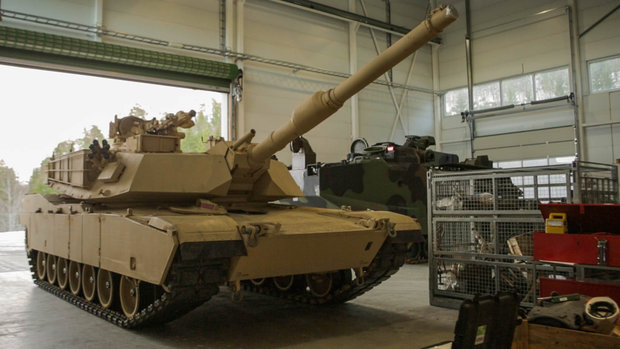
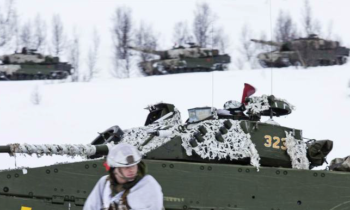 Norway is set to become the next Nordic country, after Finland, to use privatization as a fiscal tool to reduce costs and achieve greater all-round efficiencies in its military organization.
Norway is set to become the next Nordic country, after Finland, to use privatization as a fiscal tool to reduce costs and achieve greater all-round efficiencies in its military organization.
 The Government of Norway has donated $11.5 million, (approximately N3.6 billion) to improve basic education and support girls and women who had been victims of sexual violence by Boko Haram in the conflict-affected northeast Nigerian states of Borno, Yobe, Adamawa and Gombe.
The Government of Norway has donated $11.5 million, (approximately N3.6 billion) to improve basic education and support girls and women who had been victims of sexual violence by Boko Haram in the conflict-affected northeast Nigerian states of Borno, Yobe, Adamawa and Gombe.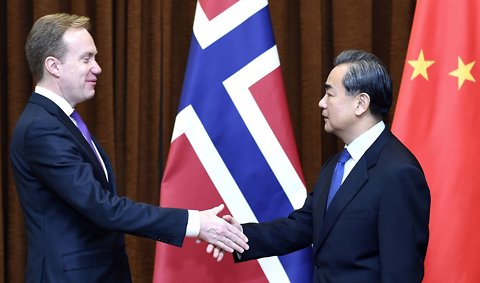
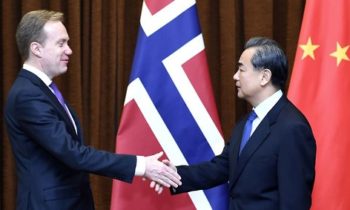 Norwegian Foreign Minister said the two countries would immediately resume negotiations on a free-trade deal.
Norwegian Foreign Minister said the two countries would immediately resume negotiations on a free-trade deal.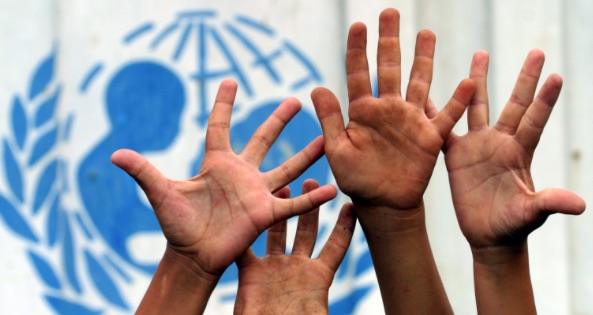
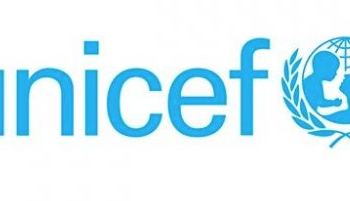 Norway has donated $11.5 million approximately N3.6 billion to improve basic education, support girls and women who have been victims of sexual violence by Boko Haram in conflict-affected northeast states.
Norway has donated $11.5 million approximately N3.6 billion to improve basic education, support girls and women who have been victims of sexual violence by Boko Haram in conflict-affected northeast states.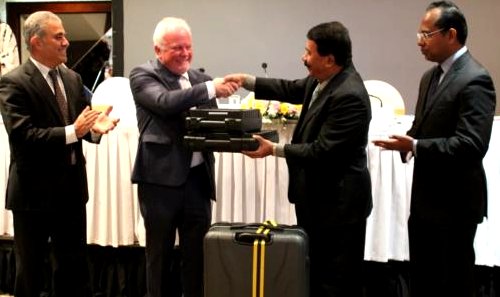
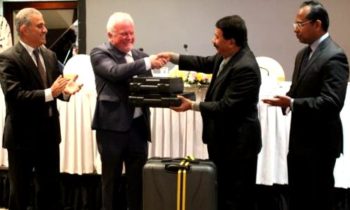 The Norwegian Geotechnical Institute (NGI), continuing its support to Sri Lanka’s National Building Research Organization (NBRO) on disaster management, recently handed over some high tech equipment to be used in the Disaster Risk Reduction program.
The Norwegian Geotechnical Institute (NGI), continuing its support to Sri Lanka’s National Building Research Organization (NBRO) on disaster management, recently handed over some high tech equipment to be used in the Disaster Risk Reduction program.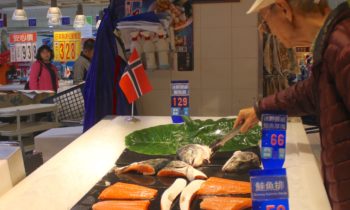
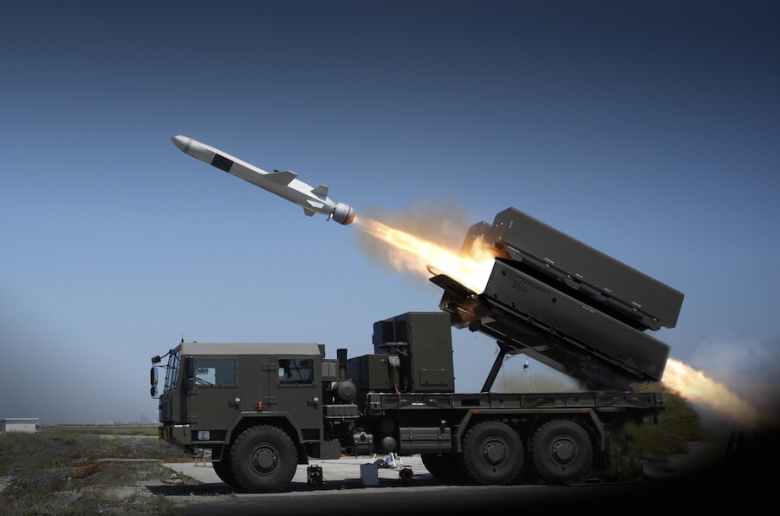
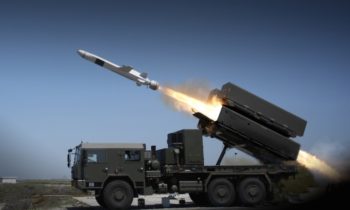 The modern age of the missile at sea was arguably kicked off in October 1967, when the Israeli destroyer Eilat, sailing fourteen miles off the coast of Port Said, was ambushed by a pair of Osa-class guided missile boats. The missile boats launched four missiles, three of which hit the ex–Royal Navy destroyer, sinking her and killing forty-seven sailors.
The modern age of the missile at sea was arguably kicked off in October 1967, when the Israeli destroyer Eilat, sailing fourteen miles off the coast of Port Said, was ambushed by a pair of Osa-class guided missile boats. The missile boats launched four missiles, three of which hit the ex–Royal Navy destroyer, sinking her and killing forty-seven sailors.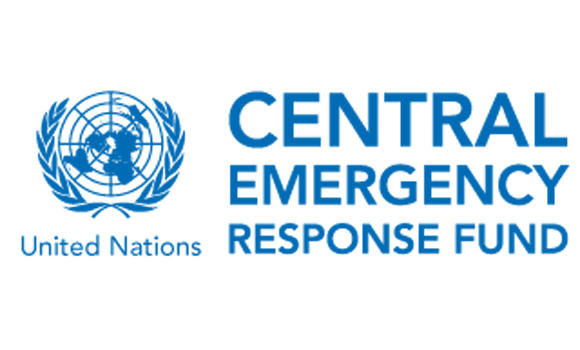
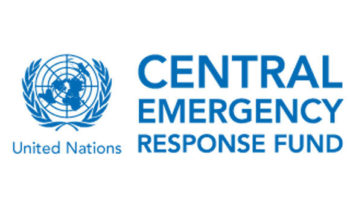 ‘The many large-scale, protracted humanitarian crises in the world today have created a tremendous need for emergency aid. The UN Central Emergency Response Fund ensures that aid can quickly reach those who need it when acute crises arise, and provides sorely needed funding for underfunded emergencies. Norway is therefore providing NOK 380 million for this Fund in 2017,’ said Minister of Foreign Affairs Børge Brende.
‘The many large-scale, protracted humanitarian crises in the world today have created a tremendous need for emergency aid. The UN Central Emergency Response Fund ensures that aid can quickly reach those who need it when acute crises arise, and provides sorely needed funding for underfunded emergencies. Norway is therefore providing NOK 380 million for this Fund in 2017,’ said Minister of Foreign Affairs Børge Brende.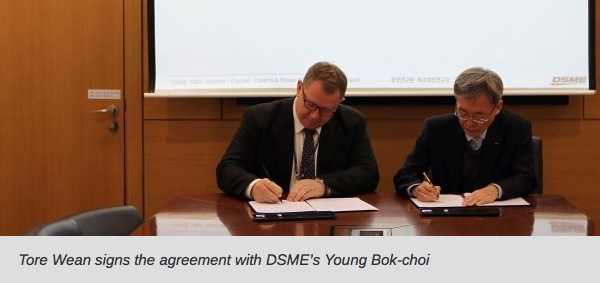
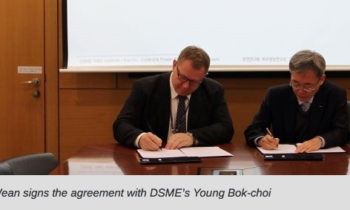 Norway-based Kongsberg has signed a joint development agreement with Daewoo Shipbuilding & Marine Engineering (DSME) to create a simulator to design a regasification control system for the BW LNG floating storage and regasification unit (FSRU) being built at South Korea’s Okpo shipyard.
Norway-based Kongsberg has signed a joint development agreement with Daewoo Shipbuilding & Marine Engineering (DSME) to create a simulator to design a regasification control system for the BW LNG floating storage and regasification unit (FSRU) being built at South Korea’s Okpo shipyard.
 Prime Minister Ruhakana Rugunda has hailed the Norwegian investors for establishing Child Africa, an organisation running centres for the rehabilitation and education of street kids and other vulnerable children in Uganda.
Prime Minister Ruhakana Rugunda has hailed the Norwegian investors for establishing Child Africa, an organisation running centres for the rehabilitation and education of street kids and other vulnerable children in Uganda.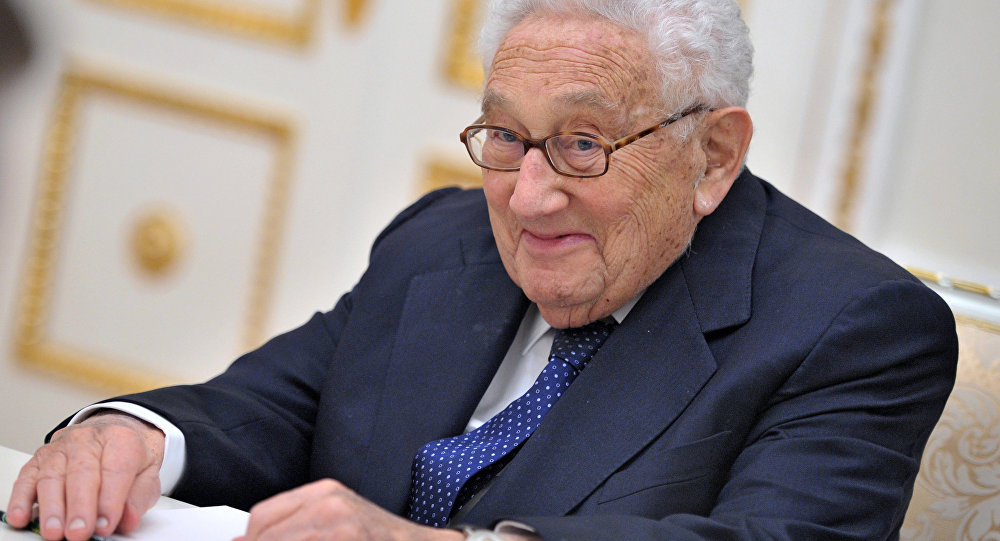
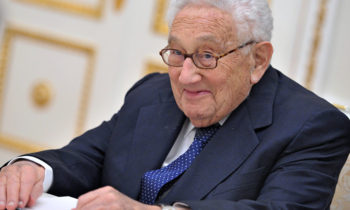 Former Secretary of State Henry Kissinger spoke Sunday in Oslo at the Nobel Peace Prize forum about the upcoming Trump administration and warned critics to judge Trump on his policies, rather than his rhetoric.
Former Secretary of State Henry Kissinger spoke Sunday in Oslo at the Nobel Peace Prize forum about the upcoming Trump administration and warned critics to judge Trump on his policies, rather than his rhetoric.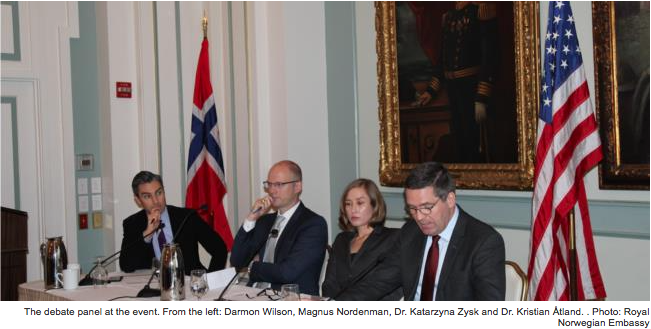
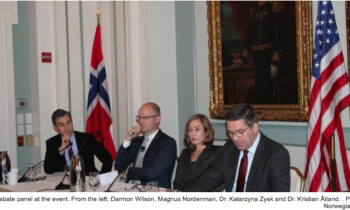 Security Policy in the Arctic was the main topic of this year’s Henry Bacon event. The event is held in memory of the efforts of the crew of SS. Henry Bacon during the Second World War.
Security Policy in the Arctic was the main topic of this year’s Henry Bacon event. The event is held in memory of the efforts of the crew of SS. Henry Bacon during the Second World War.
 A series of unidentified drones have been reported hovering above armed forces during military exercises in Sweden and Norway.
A series of unidentified drones have been reported hovering above armed forces during military exercises in Sweden and Norway.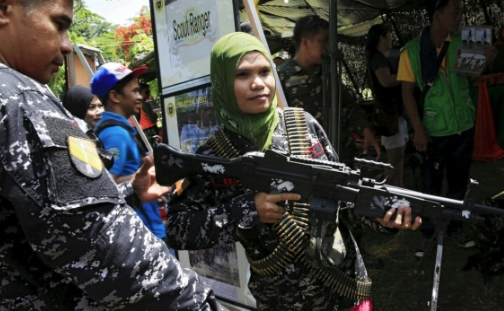
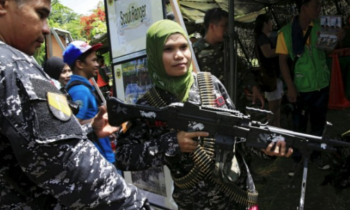 An Abu Sayyaf leader tagged as behind the kidnappings of two Canadians and a Norwegian in Samal Island was among those killed by Malaysian authorities in a sea battle off Sabah’s Semporna district.
An Abu Sayyaf leader tagged as behind the kidnappings of two Canadians and a Norwegian in Samal Island was among those killed by Malaysian authorities in a sea battle off Sabah’s Semporna district.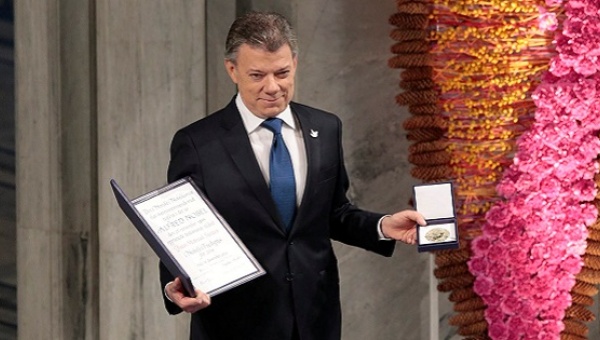
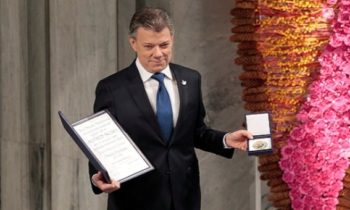 President Juan Manuel Santos affirmed upon receiving the Nobel Peace Prize that the Colombian people is making possible what seemed impossible: ending a conflict that has lasted more than half a century.
President Juan Manuel Santos affirmed upon receiving the Nobel Peace Prize that the Colombian people is making possible what seemed impossible: ending a conflict that has lasted more than half a century.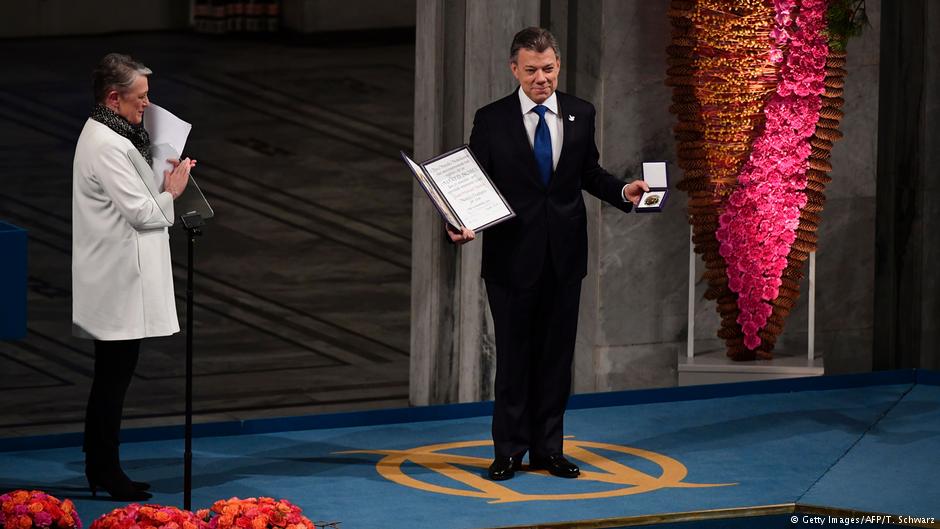
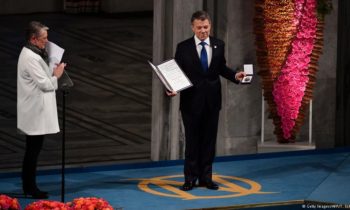 Nobel laureates have gathered to witness the award ceremonies for this year’s Nobel prizes. Peace Laureate Colombian President Juan Manuel Santos is receiving his award in the Norwegian capital of Oslo.
Nobel laureates have gathered to witness the award ceremonies for this year’s Nobel prizes. Peace Laureate Colombian President Juan Manuel Santos is receiving his award in the Norwegian capital of Oslo.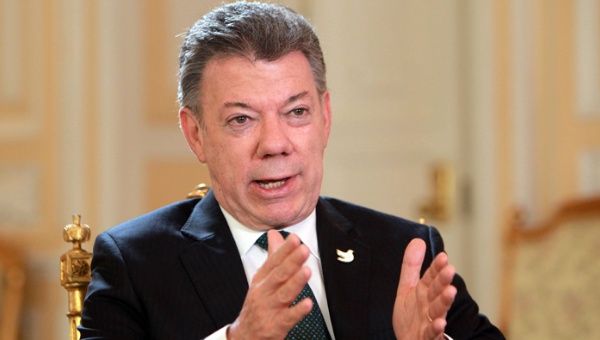
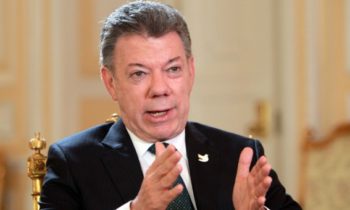 Colombian President Juan Manuel Santos, who will be handed this year’s Nobel Peace Prize for his efforts to achieve a peace agreement with the FARC guerrillas, says that although the Sri Lankan model was extensively studied they did not think it was the correct procedure for Colombia. Beginning with a ceasefire agreement in early 2002, for almost five years a series of peace talks, facilitated by Norway, took place between the Sri Lankan government and the LTTE. The Colombian President’s agreement with FARC put an end to 50 years of civil war.
Colombian President Juan Manuel Santos, who will be handed this year’s Nobel Peace Prize for his efforts to achieve a peace agreement with the FARC guerrillas, says that although the Sri Lankan model was extensively studied they did not think it was the correct procedure for Colombia. Beginning with a ceasefire agreement in early 2002, for almost five years a series of peace talks, facilitated by Norway, took place between the Sri Lankan government and the LTTE. The Colombian President’s agreement with FARC put an end to 50 years of civil war.

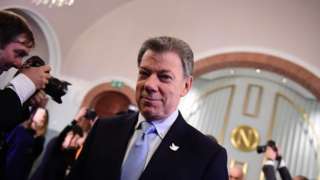

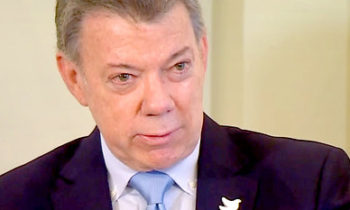 Colombian President Juan Manuel Santos, accompanied by 20 special guests, arrived today in this capital, where he will be awarded tomorrow the Nobel Peace Prize of 2016.
Colombian President Juan Manuel Santos, accompanied by 20 special guests, arrived today in this capital, where he will be awarded tomorrow the Nobel Peace Prize of 2016.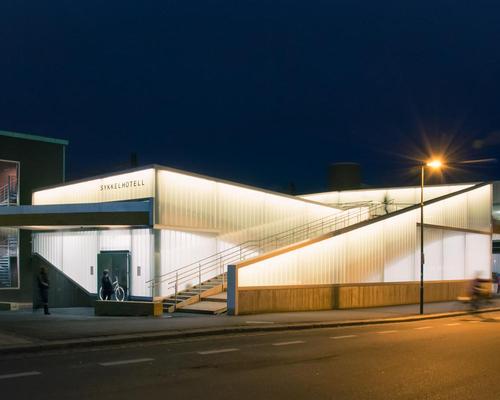
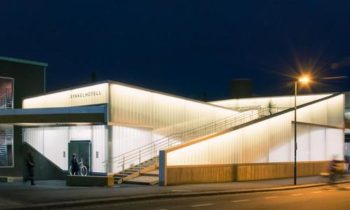 Norway is promoting cycling across the country by investing in ‘bicycle hotels’ – storage facilities by railway stations that double as new public spaces.
Norway is promoting cycling across the country by investing in ‘bicycle hotels’ – storage facilities by railway stations that double as new public spaces.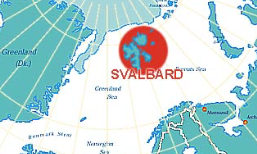
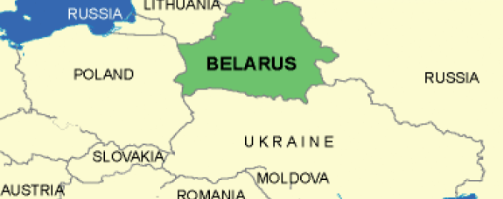
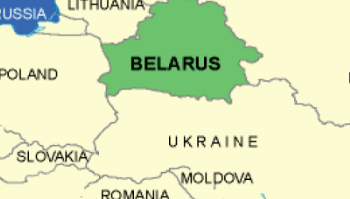 Belarus invites companies of Turkey and Norway to develop investment cooperation, Director of the Business Education Center of the Belarusian Chamber of Commerce and Industry Marina Artimovskaya told the media ahead of the investment forum Open Windows on 8 December.
Belarus invites companies of Turkey and Norway to develop investment cooperation, Director of the Business Education Center of the Belarusian Chamber of Commerce and Industry Marina Artimovskaya told the media ahead of the investment forum Open Windows on 8 December.
 A Norwegian court sentenced a 66-year-old man to eight years in prison on Thursday for inciting dozens of children in Norway and the Philippines to commit sex acts on Skype, media reports said.
A Norwegian court sentenced a 66-year-old man to eight years in prison on Thursday for inciting dozens of children in Norway and the Philippines to commit sex acts on Skype, media reports said.